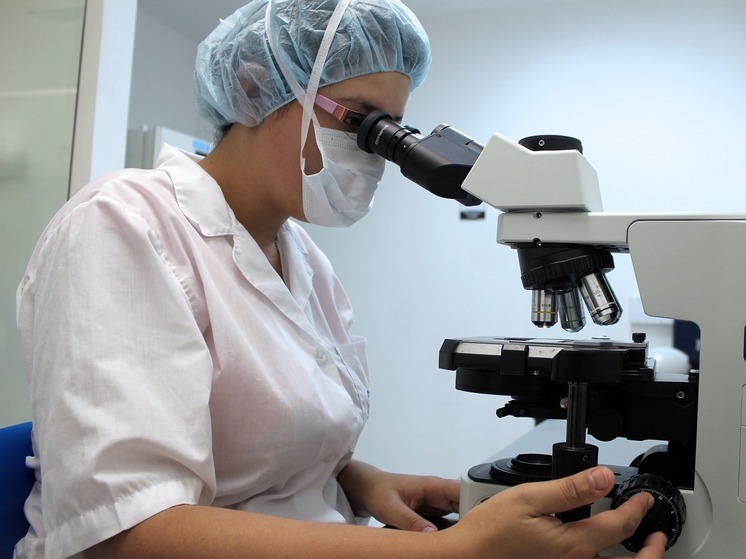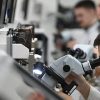A new discovery will help biologists understand how to achieve the creation of an “artificial” human
Scientists have discovered a connection between a critical stage of embryo development and a virus that mixed with the DNA of ancient humans and organisms more than 500 million years ago. The fact is that before the study, these parts of DNA were considered junk, but now experts paid close attention to them and it turned out that a virus in the genetic chain can control the development of the embryo.

Genetic material from endogenous retroviruses that infected the earliest organisms on Earth, leaving markers in human DNA. Scientists estimate that they make up 8 to 10 percent of the modern human genome. The study was published in the journal Science Advances.
Specialists from the Spanish National Center for Cancer Research (CNIO) discovered a link between viruses and embryo growth. This discovery has implications for the creation of artificial embryos and the development of regenerative medicines.
“Until recently, these viral remnants were considered junk DNA, genetic material that was unusable or even harmful,” — says biologist Sergio de la Rosa of the CNIO, emphasizing that it was intuitively believed that the presence of viruses in the genome could not be a good thing.
Through detailed studies of mouse models, the team was able to identify a retroviral protein called MERVL-gag, which helps control the pace of embryo development just a few hours after fertilization.
The key development in question occurs when the first few cells capable of forming the entire organism give rise to cells that create any tissue in the body, but not placental tissue.
This stage of the embryo turns a clump of cells into a person, and The researchers showed how MERVL-gag affects a gene called URI, which is thought to be necessary for cells to make tissue.
«This is a completely new role for endogenous retroviruses, — the expert notes, — We have discovered a new mechanism that explains how an endogenous retrovirus directly controls pluripotency factors.»
This stage of the process, according to scientists, from the first few cells to a living being, is also extremely important for the successful development of artificial embryos and research. which help to understand the problems that can affect pregnancy.
“We are starting to understand that these retroviruses, which have evolved with us over millions of years, perform important functions, such as regulating other genes,” &mdash ; adds Sergio de la Rosa.






















































Свежие комментарии